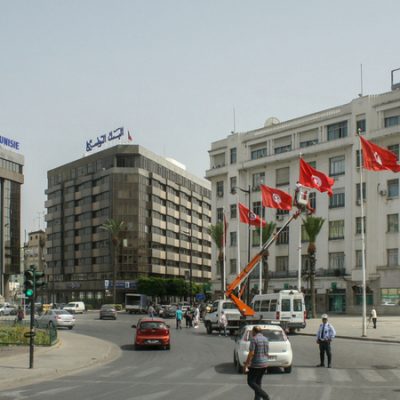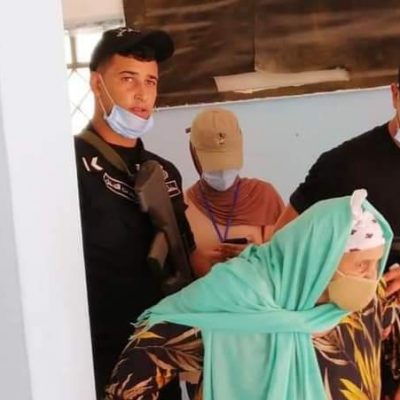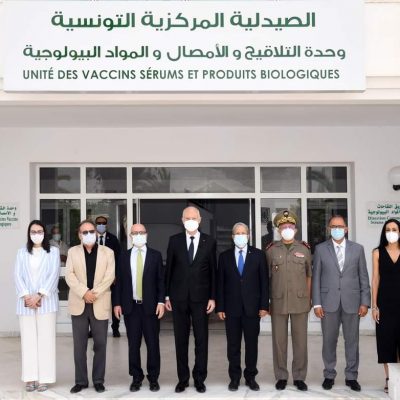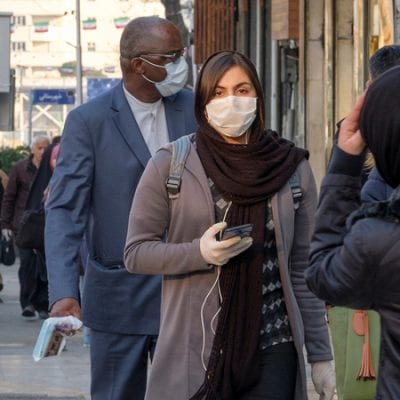A special sentence for a man not respecting the COVID-19 curfew in Iran
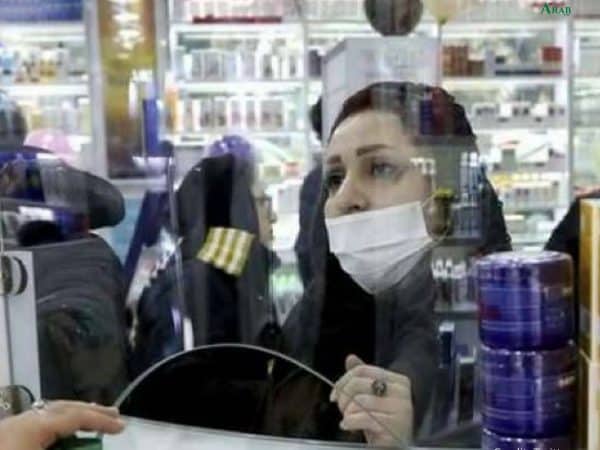
An Iranian court condemned a young man for violating measures to combat the novel coronavirus pandemic, COVID-19, by introducing a hookah into his coffee, to sterilize mosques for 540 hours. “The court’s decision came in accordance with article 688 of the Iranian penal code”. Nasser Iskandar, head of the court in the city of Alexandros explained, adding that the judge preferred sentence the man to sterilize mosques in the city for 450 hours, then six months of prison.
So, the man guilty of violating the curfew will sterilize the mosques for three hours a day in his city. The President of the Court stressed that providing hookah in the light of the spread of Corona threatens public health and that the Iranian authorities will not tolerate anyone who threatens the health community.
The Iranian government has announced a ban on movement and travel between cities, in light of measures to combat the spread of Coronavirus, while President Hassan Rouhani stressed that his country has overcome the first wave of epidemic, warning of the possibility of a second wave. So far in Iran are 73,00 the confirmed cases of COVID infections, 1617 only yesterday, 4585 deaths, while the number of recoveries discharged from hospitals is 45.983 according to Worldometers and the World Health Organization (WHO).
Iran’s Supreme Leader Ayatollah Ali Khamenei permitted on April 6 the administration of President Hassan Rouhani to draw 1 billion euros from Iran’s National Development Fund to address the negative economic impact of the virus. The decision comes after weeks of disbelief in the government’s circle and passivity in dealing with the pandemic, which sparked bitter criticism on the Islamic Republic from neighbouring countries.
COVID-19 has left a lethal impact on Iran’s economy, already suffering from the high inflation, high unemployment, sanctions, mismanagement and the widespread corruption. The government has left much to be desired in its first response to the economic impact of the novel coronavirus. Like any other economic crisis, the government’s first reaction was to blame the sanctions imposed by the United States. However, Iran needed and needs hospital beds, masks, personal protection tools and ventilators.
Blaming sanctions would not provide relief to the Iranian people. Khamenei to approve the Rouhani’s request of withdrawing one billion euros to manage the crisis National Development Fund needed 11 days. While Iran’s struggling private sector bear the brunt of the economic cost of the pandemic, the government announced that it would make available 5 billion dollars in low-interest rate loans.
It has also increased the funding for unemployment insurance by another 300 million dollars. Many part-time workers and hourly wage earners have already lost their jobs and are not getting paid by their employers. The pandemic also interrupted holiday season shopping, costing shopkeepers and small distributors hugely. At the same time, sanctions and widespread corruption have made Iranians and the Iranian economy more vulnerable than other economies in the region to the crisis.

